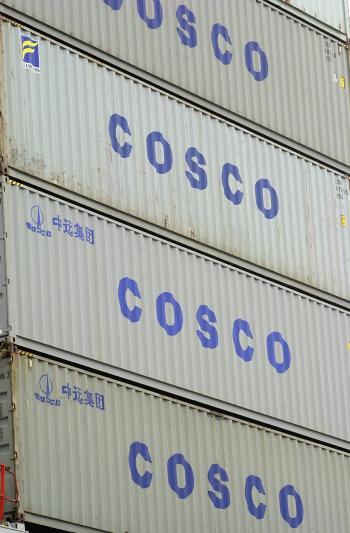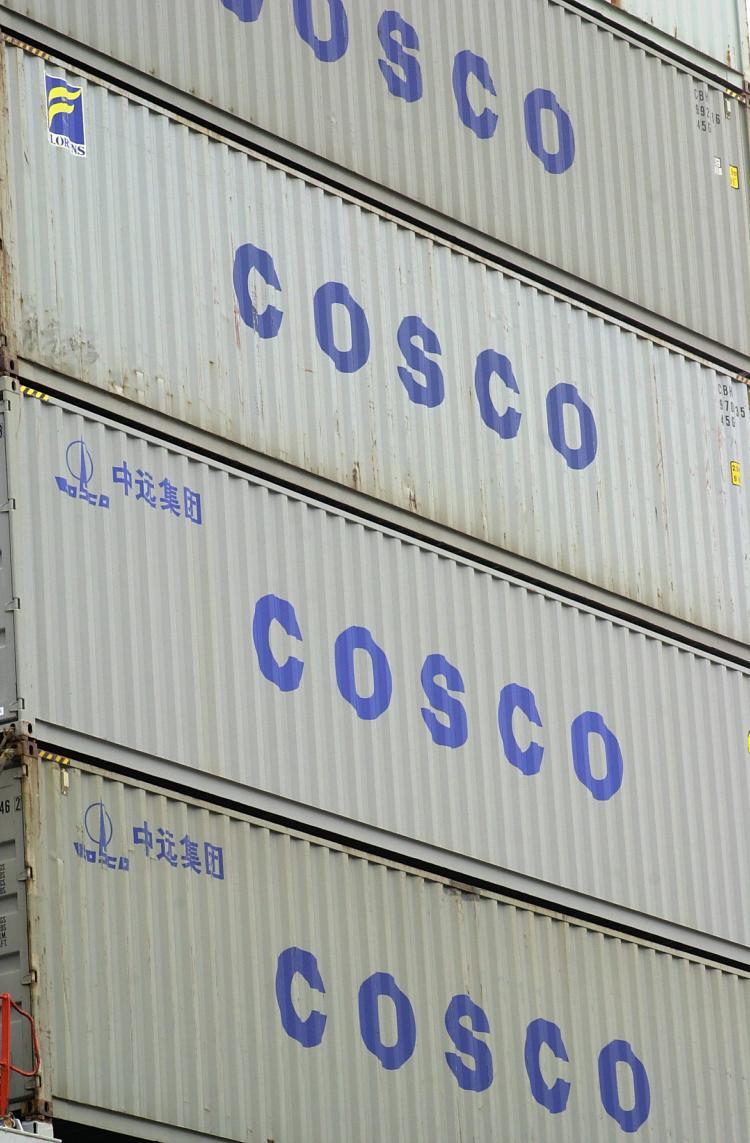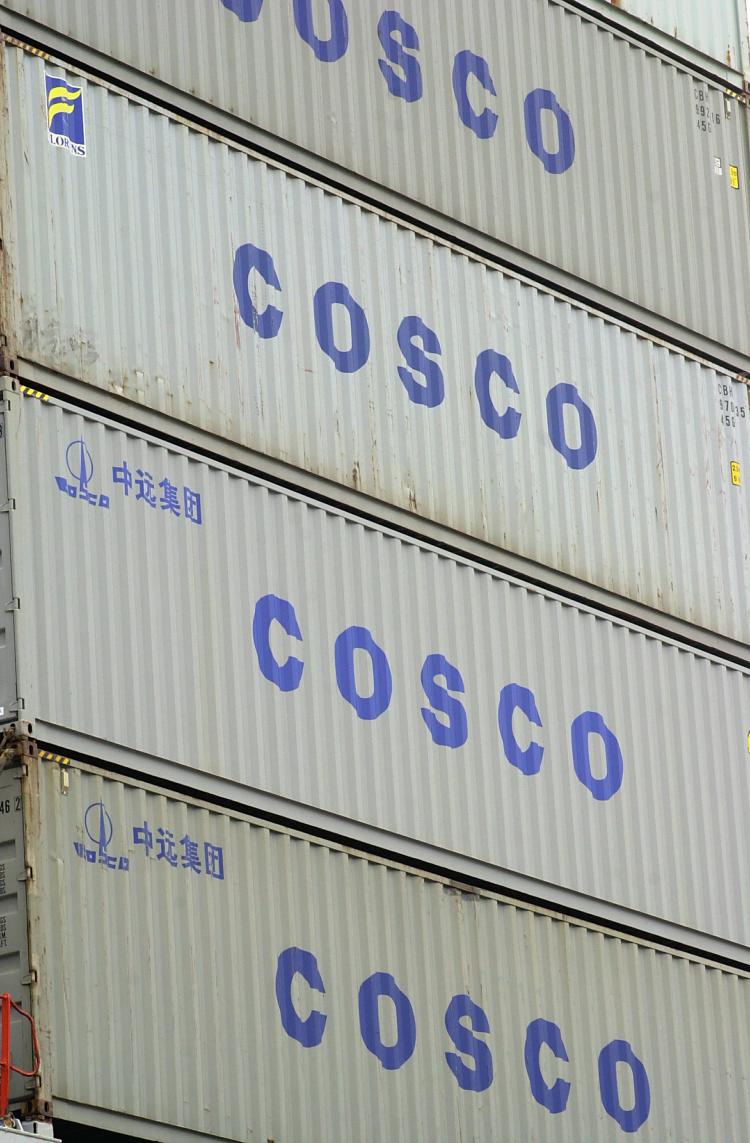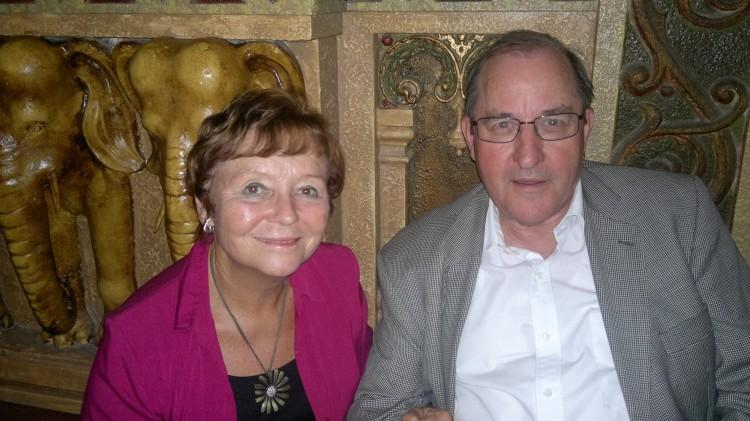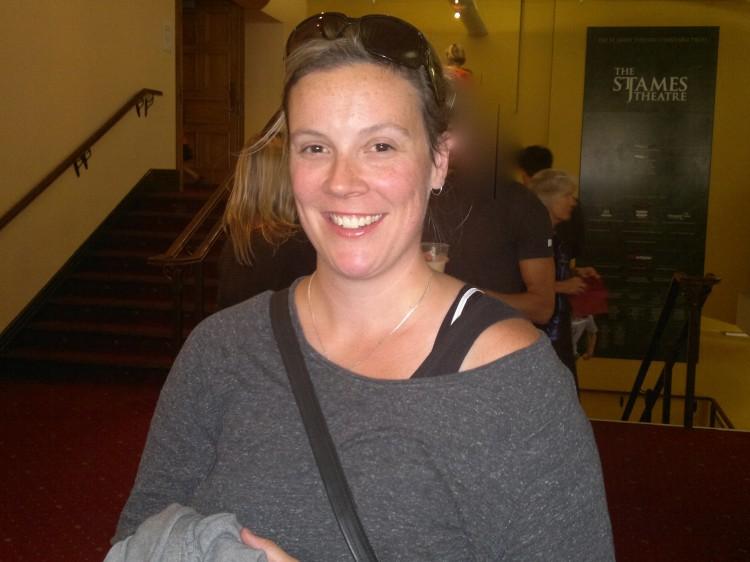Powerful overseas shipping companies could pounce on New Zealand ports if port authorities don’t get their act together, say maritime analysts.
A failure by port authorities to cooperate to resolve problems besetting the industry could leave some ports in a vulnerable position.
Maritime Union spokesperson, Victor Billot, said the Chinese state-owned shipping company, Cosco, has indicated that it is looking at buying port facilities in New Zealand to add to its extensive shipping interests.
Cosco is one of the two largest foreign shipping lines servicing New Zealand ports and the country is dependent on shipping for virtually all of its trade.
“A lot of these companies are not just shipping companies,” Mr Billot said. “Some of them are what we call global terminal operators. Basically, just global port companies that are attempting to buy up ports around the world.”
“Chinese state corporations have publicly stated in Australia they are interested in controlling the entire logistics chain from mines to rail to port to shipping, including the supply of labour for such operations.”
Last month, Captain Wei Jaifu, chief executive officer of Cosco, met with former Associate Minister of Commerce, Lianne Dalziel.
Trade with China has expanded at the same rate as Cosco’s servicing of New Zealand ports. She noted that Cosco had a vital part “to play in maximising the benefits of the Free Trade Agreement to both countries.”
China is New Zealand’s third largest trading partner.
Rationalisation of Ports
In 2006, there was a foiled attempt by China’s Hutchison Port Holding, one of the world’s largest port management companies—operating in 20 countries—to buy into the Lyttleton Port of Christchurch.
Since then, there has been a move toward ‘rationalisation’ of New Zealand ports. The fourteen commercial ports are more than are needed for the volume of maritime traffic, maritime experts said.
The two biggest South Island ports, Lyttleton Port of Christchurch and the Port of Otago are now talking of merging into one company.
An agreement between the two ports should ensure that they remain in local ownership, Mr Billot said. An agreement may then force other ports to follow suit.
The danger was he said, that “other ports such as Timaru may do a deal with some overseas outfit just to stay in the game.”
Last year the Port of Tauranga tried unsuccessfully to merge with the Ports of Auckland.
Until recently, port management has been shortsighted, and ‘parochialism’ has undermined pragmatic thinking, according to Willie van Heusden, president of the New Zealand Custom Brokers and Freight Forwarders Association.
“If our port authorities do not significantly improve their act then it might be hard to argue—subject to due diligence—that there is a lack of benefit from a foreign bid to invest in our ports,” he said in the Shipping Gazette.
The interest shown by Cosco should be treated as a wake-up call by local authorities, concludes Mr van Heusden.
Mr Billot agrees that Cosco’s overtures should be taken seriously. If an individual port was bought by Cosco it would give them “the ability to drive their ships towards it”.
“That means ..they actually get a huge influence on the port industry in New Zealand because all the other ports would probably be disadvantaged.”
Global shipping companies have been merging over the past 15 years to go from 20 companies in 1993 to around eight today.
“Once they start to control the ports as well,” says Mr Billot, “that brings up the question of who actually is in charge here.”
